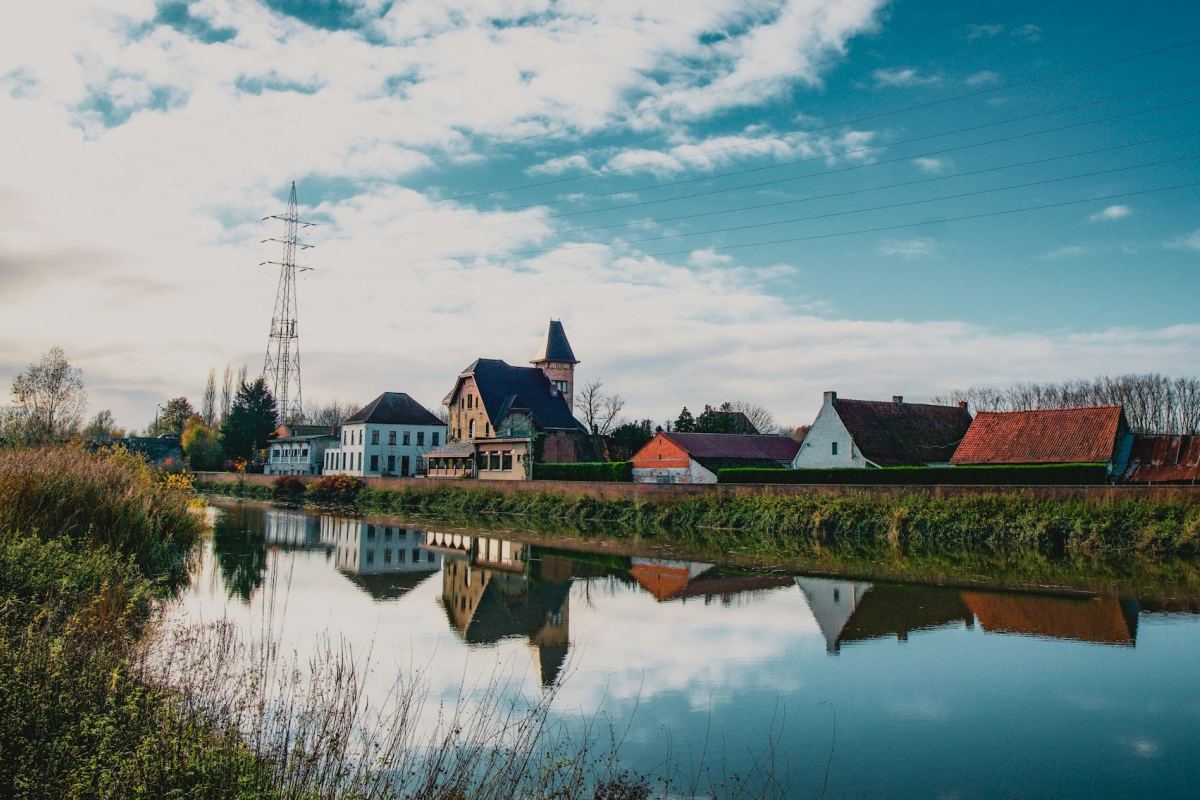Implementing Nature-Based Solutions in Cities: Testing and Refining the Integrative Framework for Collaborative Governance
Literature highlights the importance of collaborative arrangements in implementing Nature-Based Solutions (NBS) to address climate change impacts, such as the urban heat island effect. However, very little is known about the design and implementation of such collaborative arrangements. We address this gap by analysing the NBS collaborative arrangements in two European cities, Ghent (Belgium) and Heerlen (the Netherlands). To do this, we apply the Integrative Framework for Collaborative Governance (IFCG), originally developed by Emerson, Nabatchi and Balogh to explore the contextual factors and drivers influencing the collaborative dynamics and their short- and long-term results.
We address the following research questions:
- “What do collaborative arrangements for NBS in cities look like, and how do they function?” and
- “How useful is the IFCG for understanding NBS collaborative arrangements in cities?”.
This article draws on desk research, document analysis of publicly available documentation and online data, and 17 qualitative interviews with city actors. The analysis reveals two types of collaborative arrangements: comprehensive city-wide collaborative arrangements and implementation-focused collaborative arrangements focusing on city neighbourhoods. While the IFCG captures key aspects such as network connectedness, leadership, financial resources and shared theory of action, the fragmented and evolving nature of urban NBS arrangements complicates its complete application. Based on our findings, we identify some areas for refinement. Overall, this article enhances collaborative governance theory by critically examining the IFCG and providing a deeper understanding of collaborative arrangements for NBS in urban settings.
